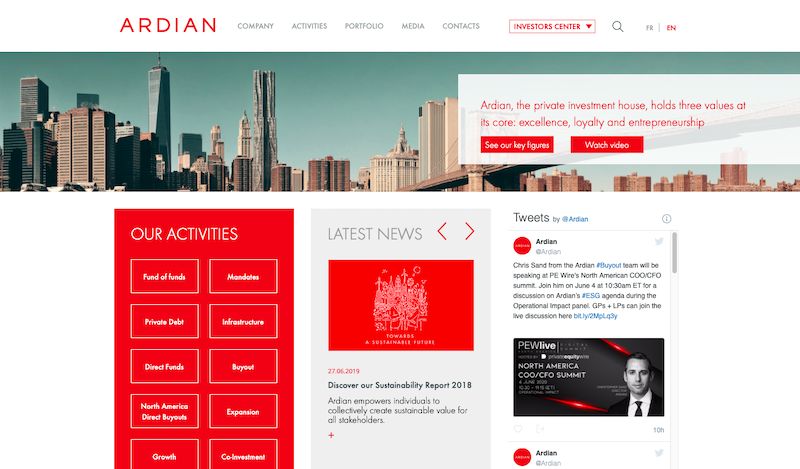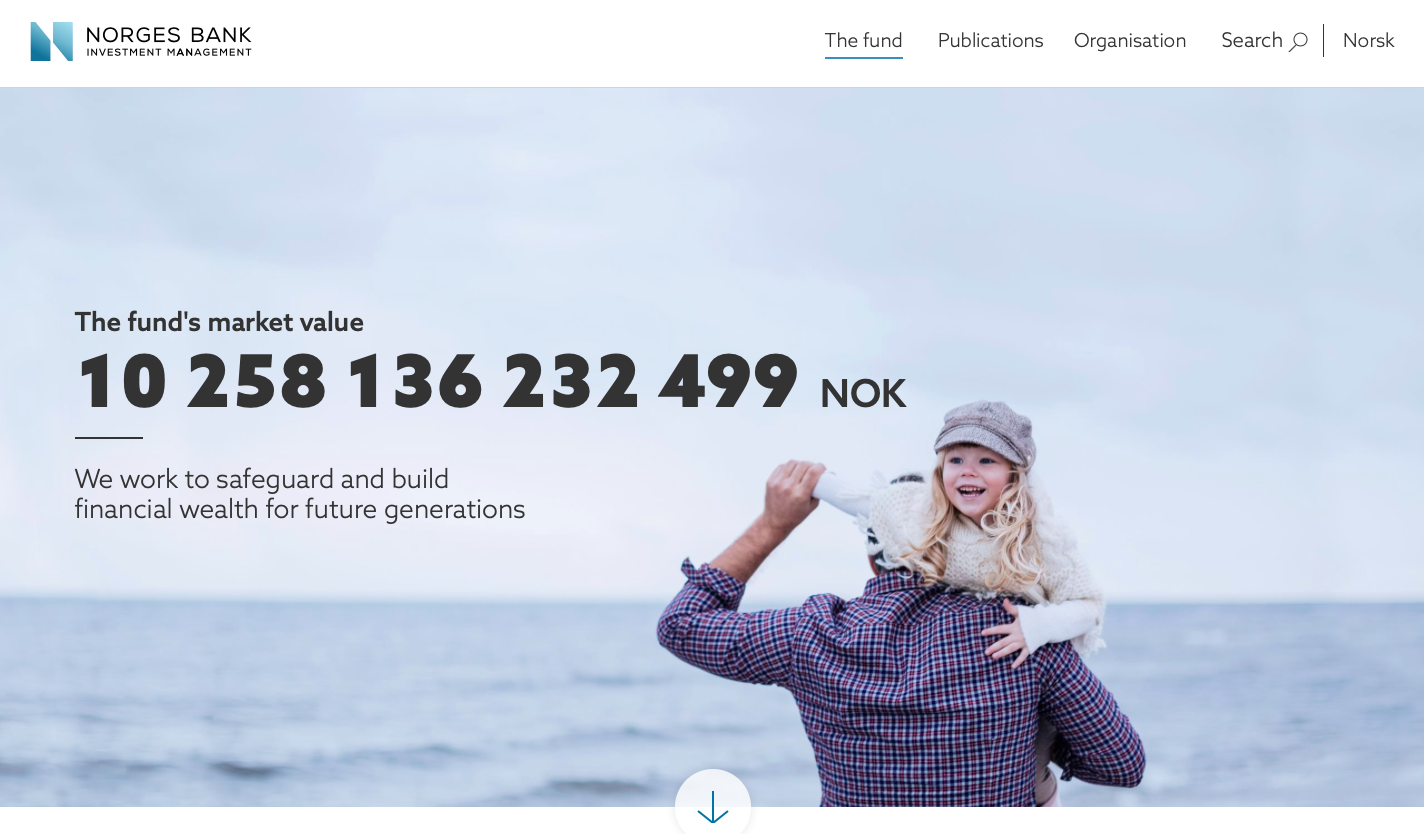Why more than 50% of Priority Bankers Quit in 15 Months
50% of Personal Bankers quit in 9 months. Into banking and into the global financial markets, many Personal Bankers struggle hard to survive the gruelling initial period. For those who managed to stay on, some took the path of becoming a Priority Banker.
But why more than 50% of Priority Bankers quit in 15 months? We look at 9 reasons why:
No. 1 Getting a Poor Portfolio
An often cited reason. If you get a portfolio of deposits-fancy clients, it is tantamount to trying to turn carbon into diamonds. Financial markets can be as simple as it is, and as complex as we can make it to be. But there is no reason why you should continue to share your wealth management expertise to clients who prefer not to listen, and risk infringing regulations where it protects:
- clients with little or no experience
- elderly and vulnerable clients
- low-risk profile clients
Neither would Priority Bankers be positively and officially rewarded for turning a non-investible client into an investible client.
Since Priority Bankers had pretty much survived being a Personal Banker and are pretty astute, if the portfolio is accessed to be poor, Priority Bankers tend to decide quickly: Stay or Move on.
Stay or Move on
No. 2 Personal & Company Goals

Often, a Priority Banker personally sets a period of 3 – 12 months to achieve results. Similarly the targets set by the bank is an annual one with either a monthly or quarterly review. This means success and results are tracked frequently. This makes it extraordinarily hard to get results quickly.
If planning for wealth and marriage are as equally important, then there is a lopsided supply of time in this equation.
No. 3 More Investment Talks … Same Results
Ever wonder how you can drive better portfolio performance if you are in priority banking or private banking. Welcome to reality. More access to investment instruments have no correlation to portfolio performance.
You get to enjoy talking to clients about new investment opportunities. And you come out with the next exciting ideas on Myanmar, Vietnam, Brazilian Real, Soybean and Platinum. How does all these fit in? Does your wealth management platform support these investments? Discussing about exciting ideas is one, doing exotic investments is another.
Wide diversification is only required when investors do not understand what they are doing
~ Warren Buffett
No. 4 Insurance Products. Again?

More insurance products. Yes, insurance products are making a big wave in banks. There are clear benefits. Insurance products have less short-term volatility compared to stocks, bonds, forex, the main investment instruments of wealth management.
Insurance products have larger revenue (3% to 100% of annual premiums) compared to investment products (0.25% to 3%). They carry less risk of product failures, are independent of banks, and are often linked to systemic risks. There are many more reasons, but essentially insurance is a safer and more predictable business model, and the banks do no risk-underwriting.
Insurance products are prevalent in Estate planning and Asset Structuring solutions. With insurance being closely associated with boredom and a less popular topic in Asia, Priority Bankers looking for excitement in investment products and financial market would be disappointed.
No. 5 Priority Banking can be Boring
Between seeing hundreds of new faces everyday, meeting 6,000 potential clients a year, you turn to managing a handful of clients (100 – 300). And since they are pretty busy people (Professionals, Business Owners etc), you probably end up having more time meeting retirees. It is great because they have a life-long experience to share.
But between meeting 6,000 and 300 … not such a great idea for someone young and excited about new conversations.
No. 6 Stiffer Competition

As clients are more savvy and affluent, a Priority Banking client has an average of 3 to 5 bank accounts. This means clients possibly could set up multiple portfolios and even self-directed investments.
A typical Asian Client Money Allocation:
| Asset | Allocation |
| Bank A | 10% |
| Bank B | 5% |
| Bank C | 5% |
| Insurance Co. | 5% |
| Brokerages | 10% |
| Real Estate | 55% |
| Others | 10% |
Given the diversified allocation of money by a typical Asian client, it is simple to conclude no wealth manager is a single driving force behind client’s financial decision. And when you recommend a wealth solution, comparisons are usually made to fees. Clients make a lot of cost-based decision and not value-based decision.
Neither are many banks driving value based-decisions in Asia. And since many financial institutions are selling expertise, cost-based decisions are here to stay.
No. 7 Separating the Pretenders from the Pack
interest rate goes up, bond prices drop
It is one thing to know in theory when interest rate goes up, bond prices drop. It is another when it didn’t happen. It is a totally different matter when your client is a fixed income portfolio manager, CEO of a listed company with multiple bonds issued, CFO or Treasury Dealer. Your knowledge and confidence swing from one meeting to another.
It is tough to end up pretending that you seem to know, especially when the average age of priority bankers is young in Asia, mostly below 30.
But many Hedge Fund Managers are below 30. So age has no relevancy to knowledge. Again, age has no limits to failure. Many Hedge Fund shuts down every year.
Priority Bankers struggle with their new-found image and early career success. It is a constant struggle between learning and keeping up with a financial market we have no control over.
No. 8 Personal Banker or Priority Banker. It is still about Sales.

There are only 2 roles at the front line. Service or Sales. The former brings in indirect revenue while the latter brings in direct revenue.
Despite the prestige of being a Priority Banker, managing affluent clients, managing less (dedicated portfolio) clients, access to more sophisticated wealth products, a higher based salary, the unit or organization’s revenue depends directly on the Priority Banker.
Many successful Personal Bankers and Priority Bankers enjoy great conversation with clients and offer a quality blend of salesmanship and banking & financial advisory to clients. If moving to be a Priority Banker from Personal Banker can distance away from the sales fact, the Priority Banker would had been further away from the truth.
No. 9 Priority Banker as a long-term Career?
Priority Bankers tend to be in the second or mid-phase of their career path. And since this means planning to be there for 3 – 5 years, they would want to ensure that the bank, the portfolio, the clients, the colleagues, the products would be optimal for their career stay.
When some of these factors do not align, and a volatile financial market, it is not hard to imagine why Priority 50% of Priority Bankers quit in 15 months.
These are 9 reasons why Priority Bankers quit in 15 months. More Priority Bankers’ articles below.
Related Articles:
- What is a Priority Banker?
- How do you become a Priority Banker?
- Why 50% of Priority Bankers quit in 15 months?
- How do you survive as a Priority Banker?
- How do you succeed as a Priority Banker?
- 5 Stealthy but Astute ways to Excel as a Priority Banker
Sign Up / Register
Caproasia Users
- Manage $20 million to $3 billion of assets
- Invest $3 million to $300 million
- Advise institutions, billionaires, UHNWs & HNWs
Caproasia Platforms | 11,000 Investors & Advisors
- Caproasia.com
- Caproasia Access
- Caproasia Events
- The Financial Centre | Find Services
- Membership
- Family Office Circle
- Professional Investor Circle
- Investor Relations Network
Monthly Roundtable & Networking
Family Office Programs
The 2025 Investment Day
- March - Hong Kong
- March - Singapore
- July - Hong Kong
- July - Singapore
- Sept- Hong Kong
- Sept - Singapore
- Oct- Hong Kong
- Nov - Singapore
- Visit: The Investment Day | Register: Click here
Caproasia Summits
- The Institutional Investor Summit
- The Investment / Alternatives Summit
- The Private Wealth Summit
- The Family Office Summit
- The CEO & Entrepreneur Summit
- The Capital Markets Summit
- The ESG / Sustainable Investment Summit







































